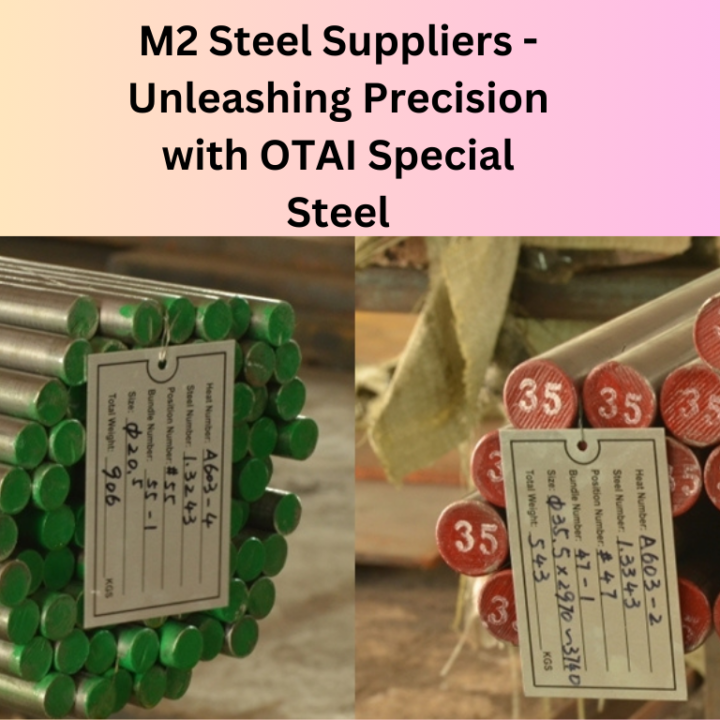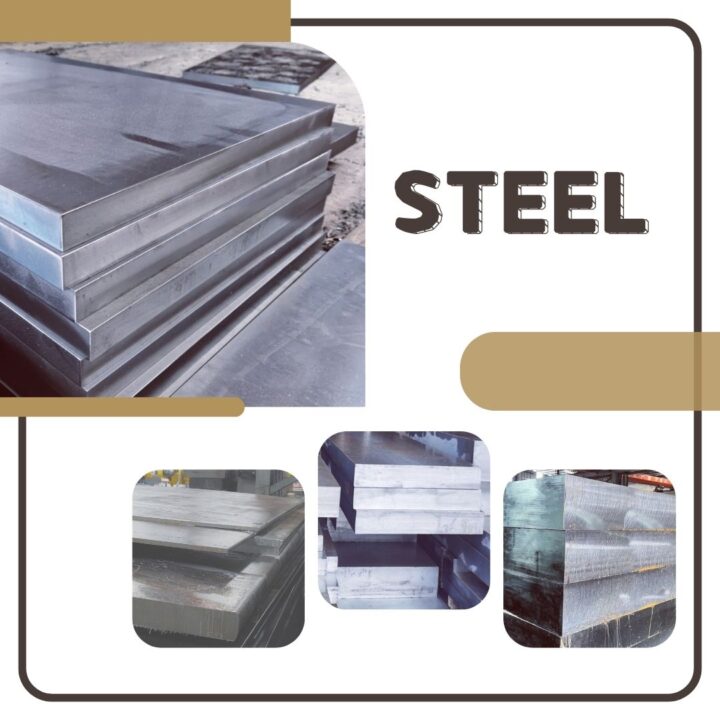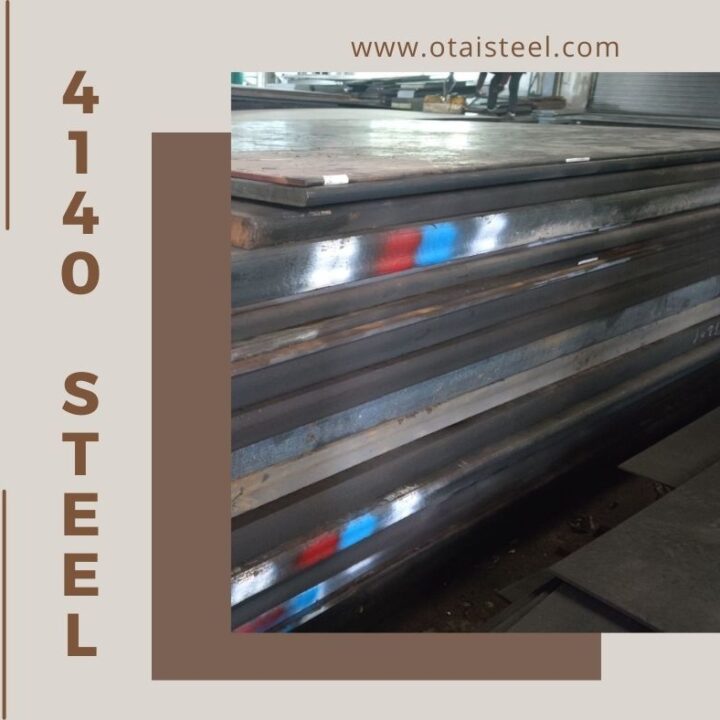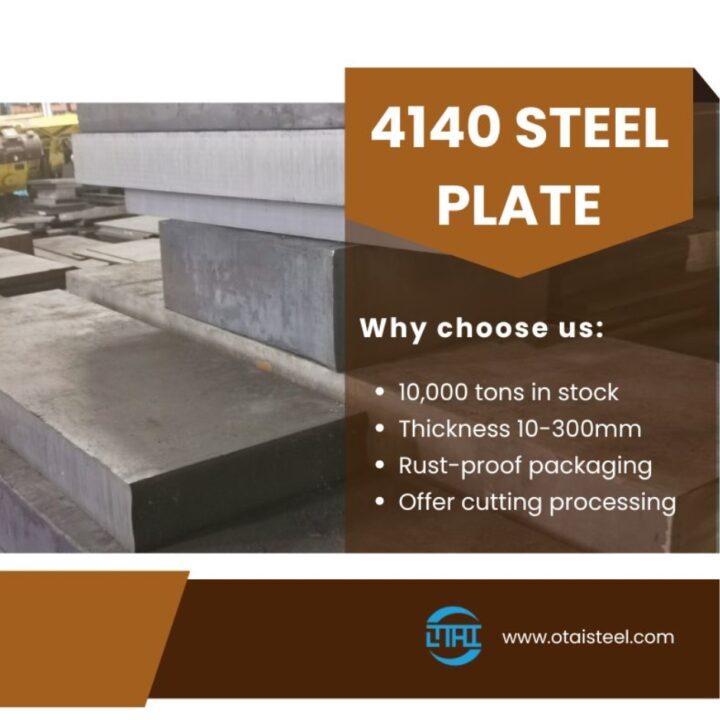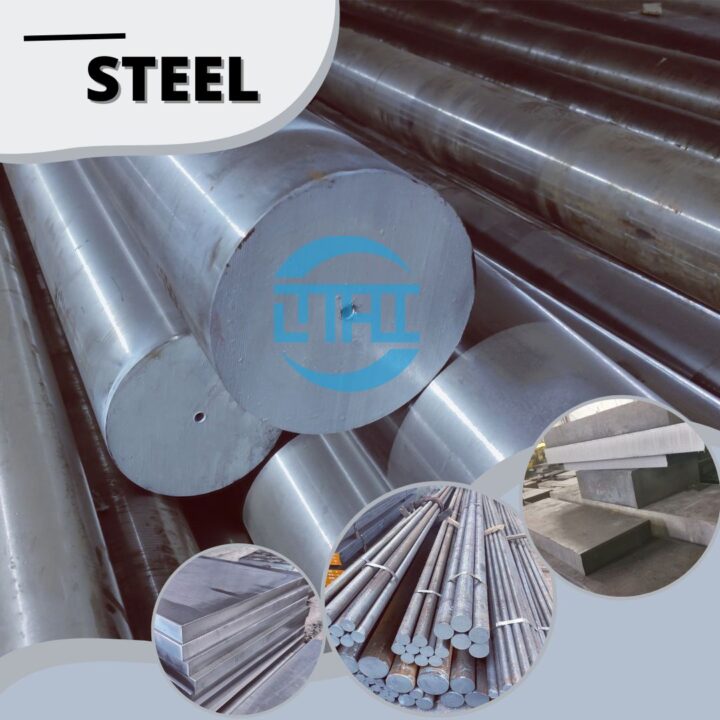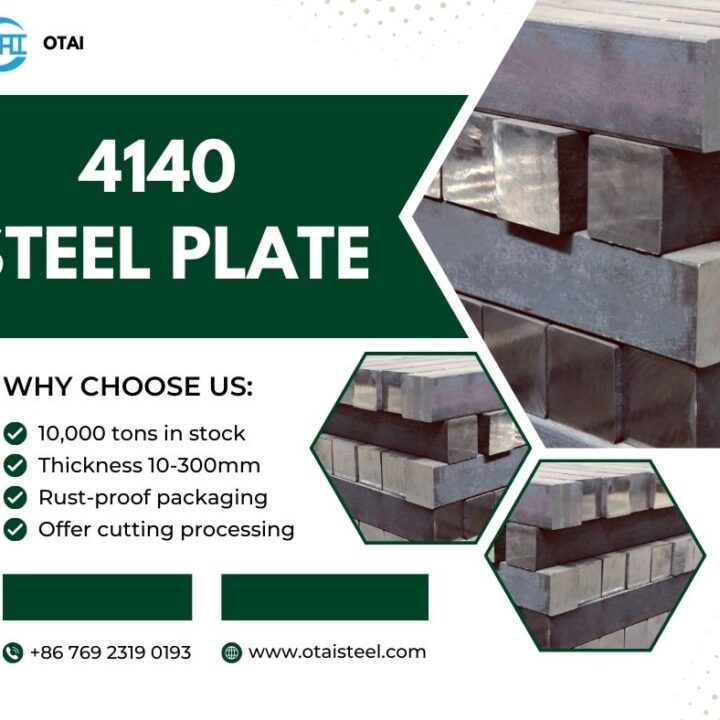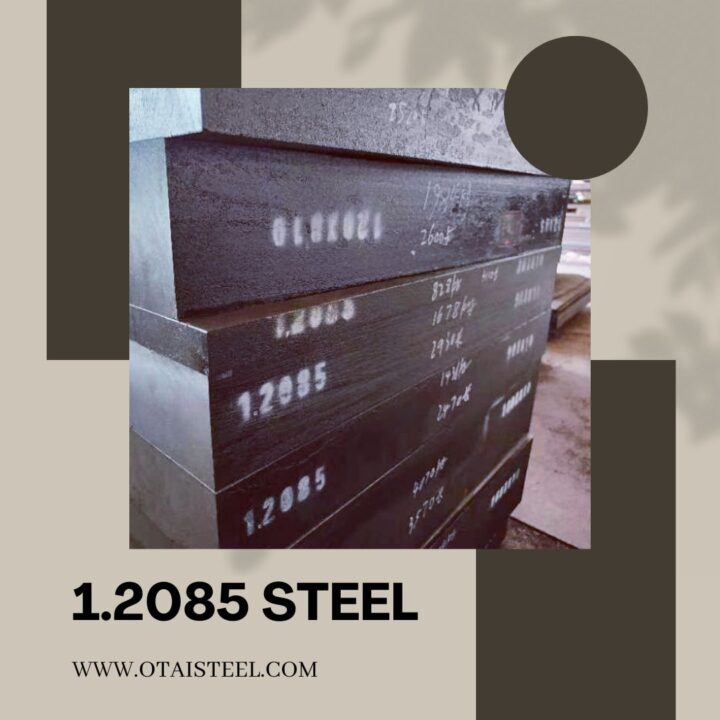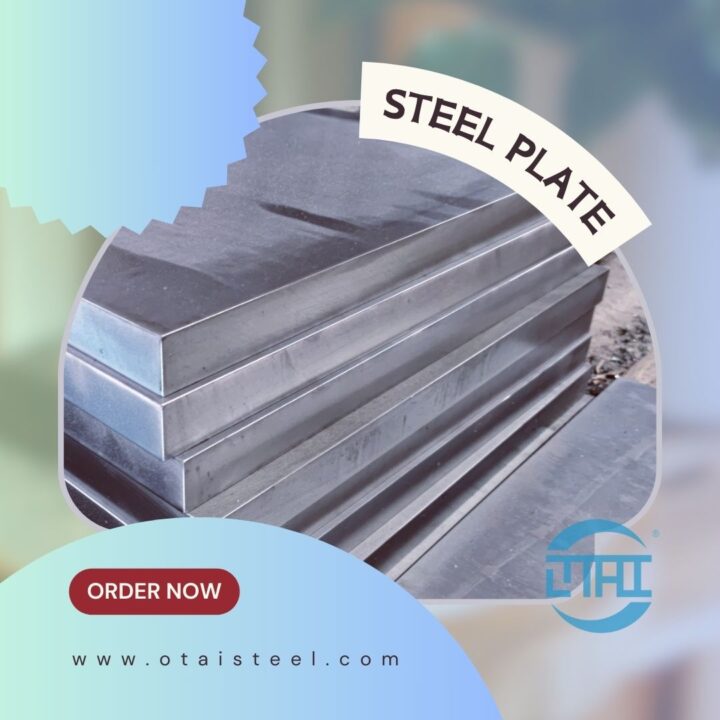4140 alloy steel is a low-alloy steel that contains chromium, molybdenum, and manganese as its primary alloying elements. This combination imparts exceptional strength and toughness to the material, making it suitable for various demanding applications in industries such as automotive, aerospace, and construction. (4140 Alloy Steel A Versatile Material)
Chemical Composition of 4140 Alloy Steel
The chemical composition of 4140 alloy steel is as follows:
- Carbon: 0.38% – 0.43%
- Manganese: 0.75% – 1.00%
- Phosphorus: 0.035% (maximum)
- Sulfur: 0.040% (maximum)
- Silicon: 0.15% – 0.35%
- Chromium: 0.80% – 1.10%
- Molybdenum: 0.15% – 0.25%
Mechanical Properties of 4140 Alloy Steel
– Strength and Toughness
4140 alloy steel exhibits high tensile strength, making it suitable for applications requiring load-bearing capacity. Additionally, it possesses excellent toughness, allowing it to withstand impact and shock without fracturing easily.
– Hardness and Wear Resistance
The alloy’s hardness can be increased through proper heat treatment, making it suitable for applications requiring wear resistance, such as gears and shafts.
Heat Treatment of 4140 Alloy Steel
Heat treatment plays a crucial role in enhancing the mechanical properties of 4140 alloy steel. Common heat treatment processes include quenching and tempering to achieve desired hardness levels and improve the material’s overall performance.
Applications of 4140 Alloy Steel
– Automotive Industry
In the automotive sector, 4140 alloy steel finds use in critical components like crankshafts, axle shafts, and steering components. Its high strength and fatigue resistance make it an excellent choice for these applications.
– Aerospace Engineering
In aerospace engineering, 4140 alloy steel is used to manufacture landing gears, structural components, and engine parts. Its combination of strength and weight-saving properties makes it valuable in the aviation industry.
– Oil and Gas Sector
The oil and gas industry relies on 4140 alloy steel for drill collars, downhole tools, and shafts due to its high strength and resistance to corrosion and wear in challenging environments.
– Construction and Structural Uses
In the construction sector, 4140 alloy steel is employed to build heavy machinery, equipment, and structures. Its high load-bearing capacity and durability make it suitable for these applications.
– Firearms and Defense Applications
The firearm industry utilizes 4140 alloy steel for barrels, receivers, and other critical components due to its high strength, toughness, and machinability. It is also employed in defense applications for its reliability and performance.
Machining and Weldability
4140 alloy steel can be machined to a wide range of shapes and sizes, allowing for flexibility in design. Additionally, it exhibits good weldability when proper procedures are followed.
Advantages of Using 4140 Alloy Steel
- Exceptional strength and toughness
- Wear resistance for demanding applications
- Versatility for various industrial uses
- Good machinability and weldability
- Cost-effective compared to some alternatives
Potential Challenges and Safety Considerations
- Proper heat treatment is essential to avoid brittleness and achieve desired properties.
- Welding requires careful consideration to prevent cracking and maintain integrity.
Sustainability and Recyclability
4140 alloy steel is recyclable, contributing to its sustainable nature. Its long life and durability also reduce the need for frequent replacements, minimizing environmental impact.
When properly treated and handled, 4140 alloy steel provides reliable solutions for critical components and structures, ensuring durability and performance in demanding environments. (4140 Alloy Steel A Versatile Material)
